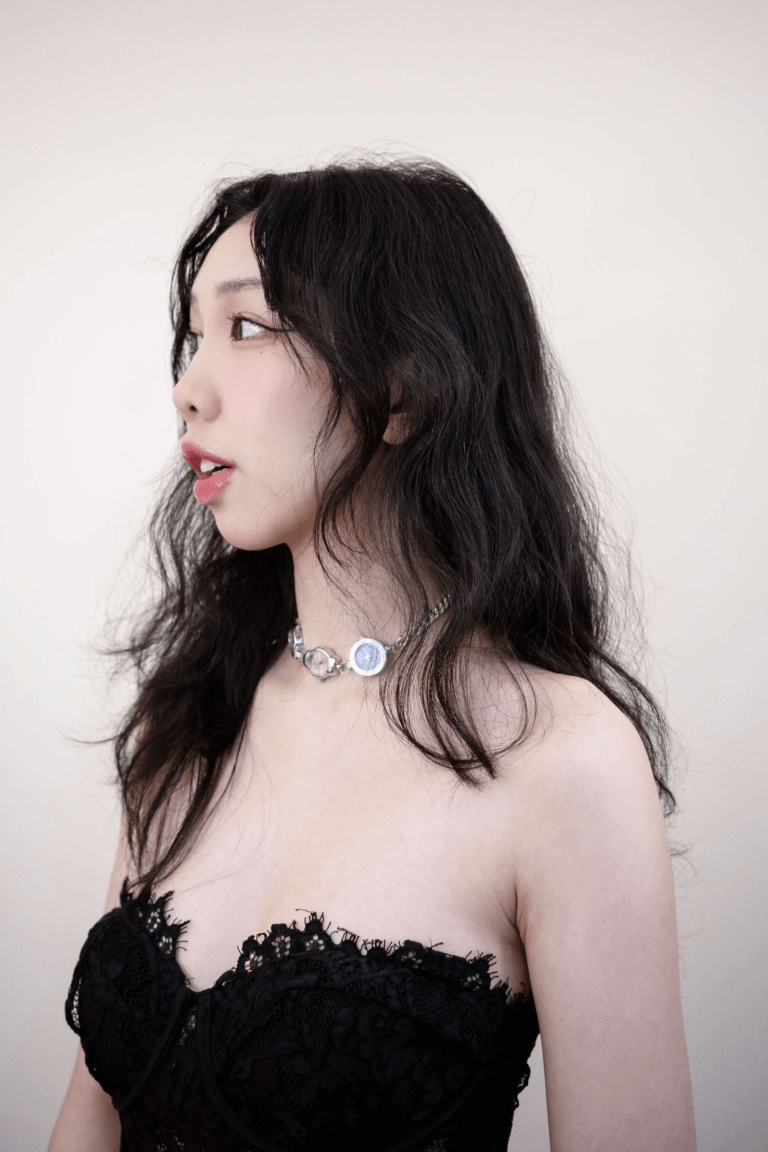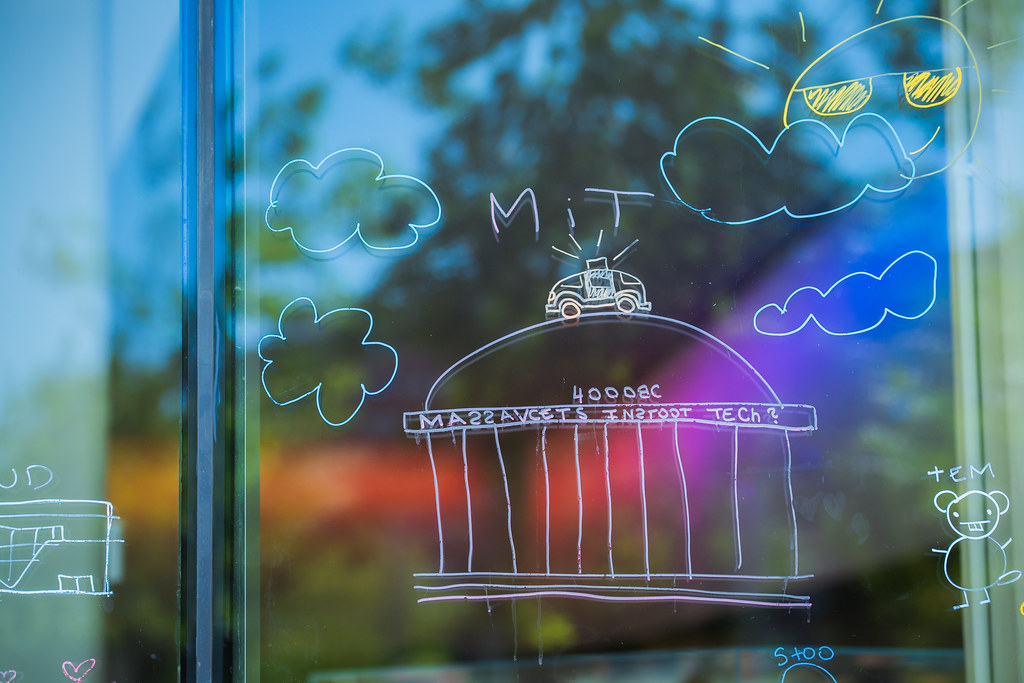Alice Trang Le
Comparative Media Studies/Writing major
Physics major

What’ve you enjoyed most about your area of study? Was there a particular discovery, new skill or way of thinking, or insight that you found especially valuable? Please share an example from your favorite class or experience.
What I’ve enjoyed most about studying 21W is being able to connect with other people through my stories. I remember, after the staged reading of my play in Playwrights Lab, an elderly woman I’d never met before gave me a handwritten letter telling me how my story had resonated with her. And Asian-American actors I worked with told me they were moved to be able to portray characters with universal emotions and struggles—not just the ones too often cherry-picked for Asian bodies by American media. I’d never imagined that my work could connect to people in these ways, could actually mean something to them.
Since stories are such an integral part of our culture, I think it’s important to critically examine which narratives are being represented and underrepresented. Being a 21W has taught me the importance of vulnerability and authenticity as an artist. I’ve learned that, to show up for my communities, I can’t hold myself an arm’s length away and try to be “safe.” Because I want to imagine our future selves in spaces we do not already see ourselves, and because I have the power and privilege to be, I must be visible, and unapologetically so.
How does the knowledge from this field, or your interest in it, combine with your other major or minor studies at MIT?
Outside of 21W, I’m also a Course 8. I’ve found a lot of inspiration for my work in the laws that govern our universe. To me, physics is very romantic. For example, the same statistical mechanics that teaches us about emergent phenomena—which we can see in the flocking pattern of birds or in the phase transitions that happen in our kitchens when we boil water or defrost vegetables—also teaches us that understanding just one particle, one body, one person in a system is not enough to know what that system is capable of becoming (a murmuration, steam, friends, a society). And that seems so human, doesn’t it? That we can emerge into something completely new and beyond our individual imagination only when we come together.
I hope that by presenting physics concepts like these through a romantic lens and through scientist characters (women, Asian-American, and queer characters), science feels more emotionally connected to people’s everyday lives. As our society grows more disinterested in and even distrustful of science, I hope to share the beauty and wonder I find in it.
An MIT education includes study in the scientific, technical, social science, arts, and humanities fields. How do you think that wide range of knowledge and perspectives will be valuable to you – for your career success and for your enjoyment of life?
The different scientific and artistic perspectives I’ve gained at MIT have given me different lenses through which I see the world. And at the intersection of these lenses, I find my own kind of creativity. I find sentimentality in the otherwise rigorously mathematical laws of physics and, at the same time, explore how ideas of references frames or half-life might apply to our ways of seeing or our memories. And I dream of what connections might exist between the coldly objective science and the different hues of the human condition. So, when I look around, I find a lot of wonder in the world that I didn’t see before.
What are your plans for the future?
In the future, I hope to become a director and screenwriter who makes films that leave room for dreaming. After graduating, I’ll likely be pursuing an MFA in Film Production at USC in the spring. But between now and then, I’ll be catching up on the films that have been on my watchlist for forever, playing with my camera, and perhaps even revisiting old physics notes!
